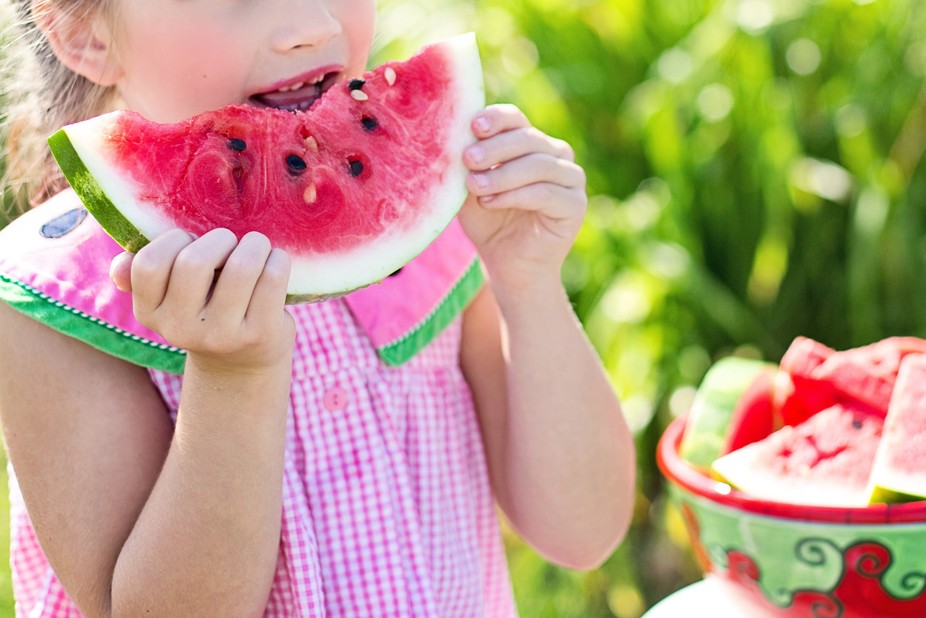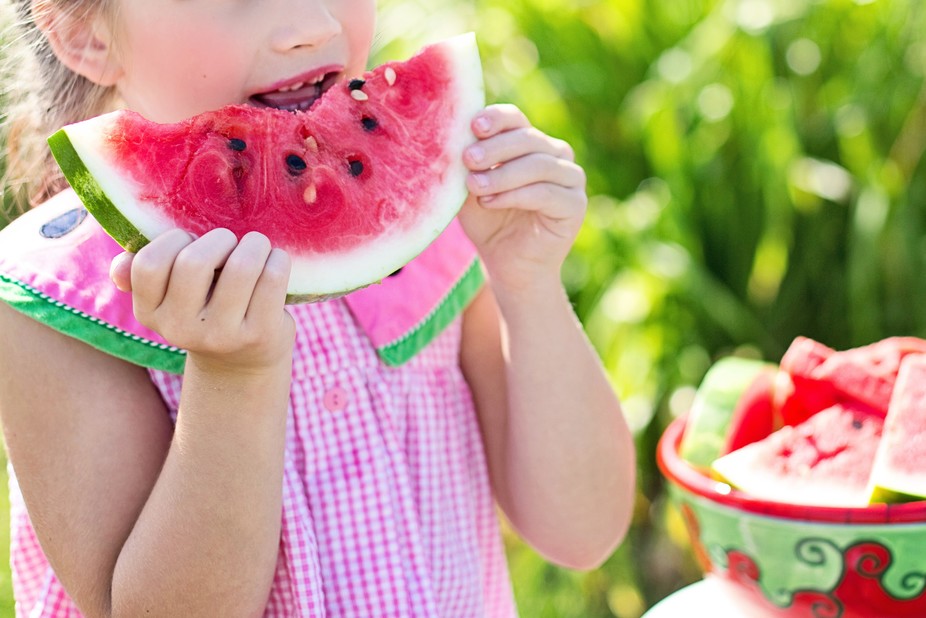The school holidays, the best times of your life, right? Maybe not if you’re one of many families struggling to cope with the extra costs of food, activities and childcare. In fact for many families, rather than a summer spent frolicking in the sun, sea and sand, the school holidays are faced with dread.
A lot of this is down to the fact that for around 39 weeks of the year, 14% of children from low income families across England have access to healthy, free school lunches. Some children also have breakfast at school, which has led to the rise of breakfast clubs. But of course for many families, this can stop during the holidays when school food isn’t available.
A recent report from a group of MPs shows that the school holidays are a challenging time for parents – with many families struggling to make ends meet.
This is a time when, for some families, food supplies are compromised – with parents skipping meals to feed their children. Families also often rely on cheap, convenience foods – that are seen as more filling for less money – than healthier options.
Holiday food
To help support families during the school holidays, many organisations have introduced holiday clubs. These clubs take place in school and community settings – such as church halls and community centres – to offer meals and activities to families during the school holidays. And our Healthy Living research team have been investigating how these types of holiday clubs make a difference to children and families.
Our research shows that while parents do their best to make sure their children are fed, for some families the food they have available is limited. And within these families, the focus tends to be on making sure children feel full and less about whether the food is healthy.

Holiday clubs are often about so much more than just food. Pexels.
We discovered that holiday clubs can help to support families, giving them the chance to have healthy, balanced meals consistently across the school holidays. And that these types of clubs can also save families money by making food at home last longer – reducing the likelihood that families will skip meals.
Access for all
Accepting free food is already something that is stigmatised , but these types of clubs are often seen as a more acceptable way of supporting families. This is because many holiday clubs are open to anyone within their community. And this open access model is highly valued by parents and children alike, as it avoids having to single people out.
This is unlike some sources of food aid, like food banks, where people usually have to be referred by another organisation such as a doctor’s surgery or social services. This need for referral can be difficult because it involves highlighting certain people as vulnerable, which can be off-putting for those needing support.

Holiday clubs can allow children to make new friendships. Pexels.
During the school holidays, especially the long summer break, parents can struggle to find enough suitable activities to keep their children entertained. Activity and transport costs and safety concerns can also limit the number of activities families have available to them. This can lead to children and parents becoming isolated and less active – which might be why generally children’s fitness levels improve during term time, but then decline during the school holidays.
But by providing families with regular activities, holidays clubs help families to stay active and mix with other people from the local area. This is because, essentially, holiday clubs bring people together – they help children and parents to make new friends and support them to keep in contact with friends they would usually only see around school during term time.
School holidays should be a happy time – giving children a chance to make memories that will last a lifetime – unfortunately though for many families, this is not always the case. But as our research shows, by providing food, fun and friendships, holiday clubs can go some way to help make this happen.
 Pamela L Graham has previously worked on research projects funded by Kellogg's, Brakes and Food Cardiff.
Pamela L Graham has previously worked on research projects funded by Kellogg's, Brakes and Food Cardiff.
Greta Defeyter receives funding from Kellogg's, Brakes, and Food Cardiff



 Elon Musk’s Empire: SpaceX, Tesla, and xAI Merger Talks Spark Investor Debate
Elon Musk’s Empire: SpaceX, Tesla, and xAI Merger Talks Spark Investor Debate  Why have so few atrocities ever been recognised as genocide?
Why have so few atrocities ever been recognised as genocide?  Every generation thinks they had it the toughest, but for Gen Z, they’re probably right
Every generation thinks they had it the toughest, but for Gen Z, they’re probably right  What’s the difference between baking powder and baking soda? It’s subtle, but significant
What’s the difference between baking powder and baking soda? It’s subtle, but significant  How to support someone who is grieving: five research-backed strategies
How to support someone who is grieving: five research-backed strategies  Columbia Student Mahmoud Khalil Fights Arrest as Deportation Case Moves to New Jersey
Columbia Student Mahmoud Khalil Fights Arrest as Deportation Case Moves to New Jersey  Disaster or digital spectacle? The dangers of using floods to create social media content
Disaster or digital spectacle? The dangers of using floods to create social media content 


























